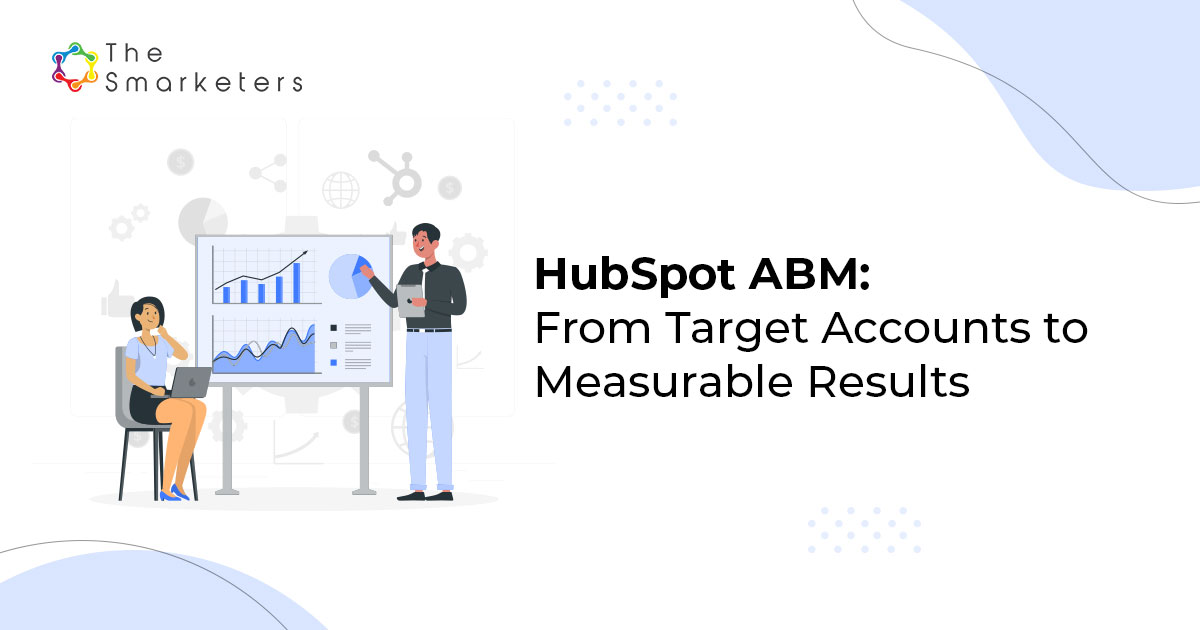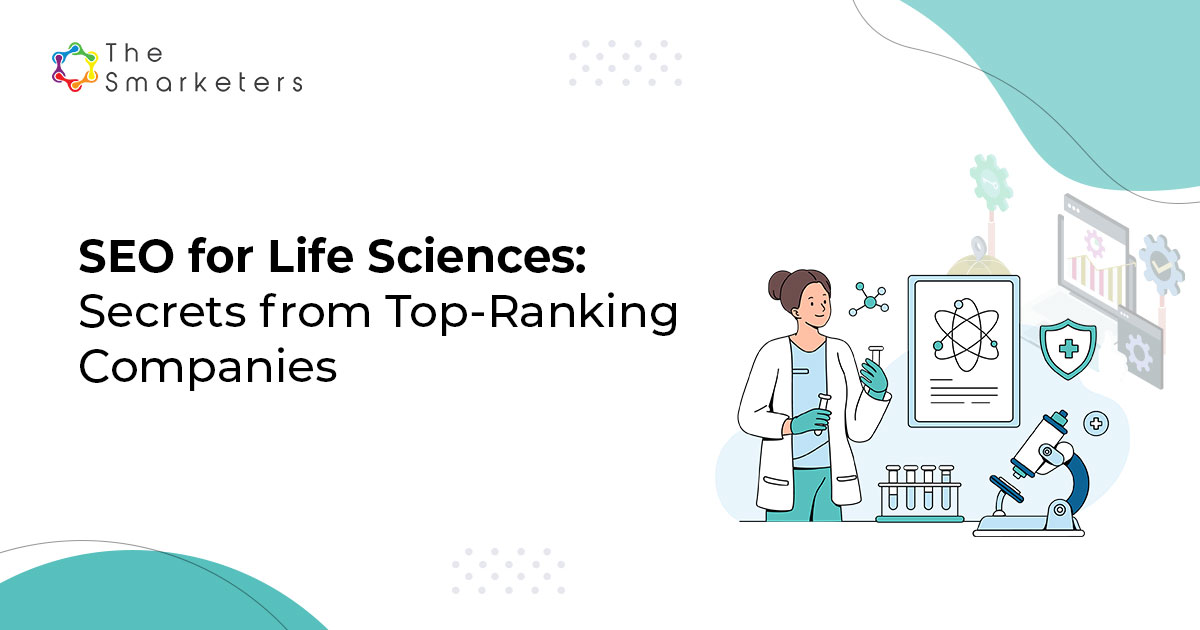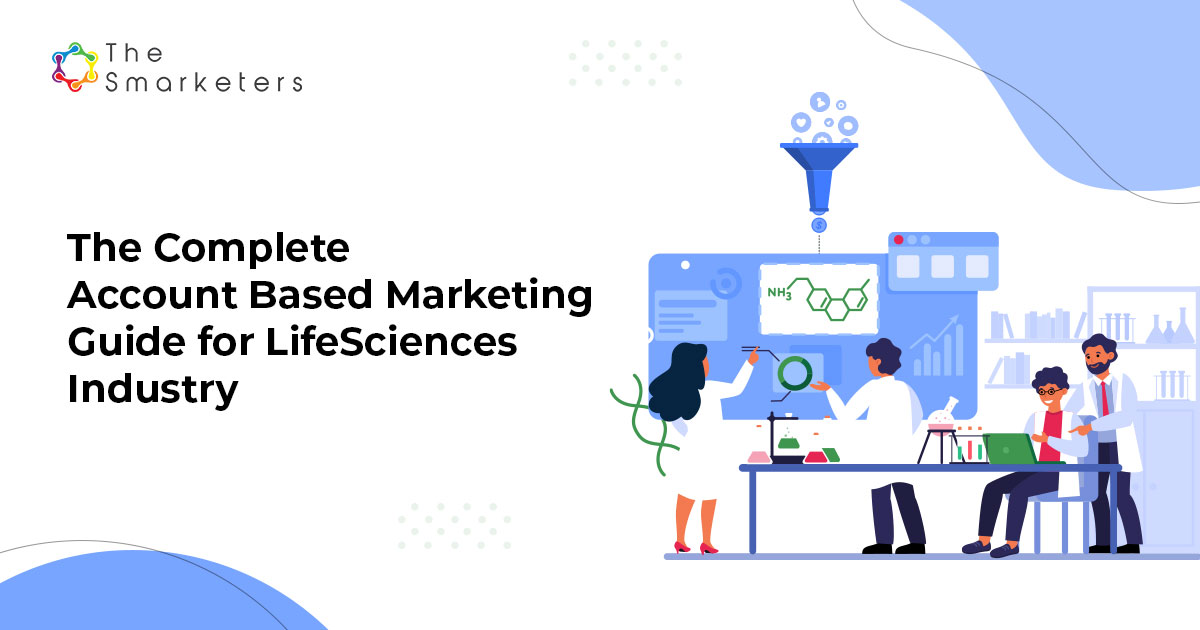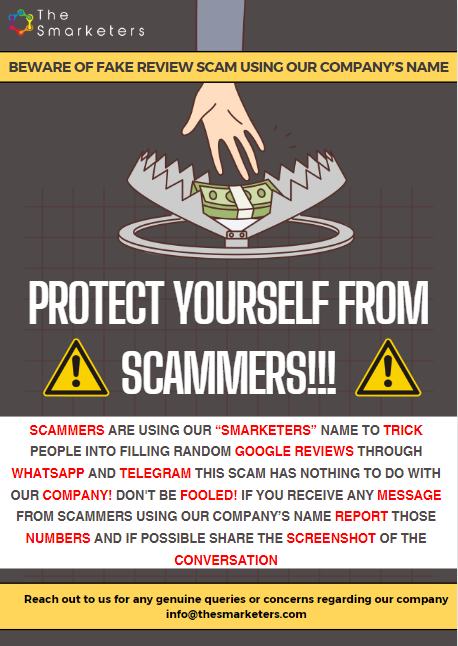Introduction
Search Engine Optimization has proved to be crucial for B2B technology companies to significantly increase traffic and brand awareness. The necessity of SEO is justified by the fact that 40% of website traffic begins with a search query, and despite the staggering number of searches, it is only the first three organic search results that get 60% of all traffic from a web search. In addition, leads coming from a search have a 14.6% close rate, which provides the imperative to adopt the right SEO techniques.
Scaling up the rank order on Google’s search results will yield greater visibility and, in turn, more traffic, conversions, and eventually, increased revenue. It is vital that B2B technology companies get their web pages within the first page of the search results, as most users don’t go past the first page on Google. Getting SEO right to the last detail takes a lot of experimentation and understanding as Google’s algorithms are constantly updated, it’s important for B2B enterprises to stay on top of the latest developments and continually hone their practices. Read through the following SEO best practices for B2B companies that have the potential to take your exposure up a notch.
SEO Best Practices
Develop a Robust Keyword Strategy
While content is a great driver of traffic for B2B companies, it is important to recognize the terms that are most valuable and the visibility they are intended to achieve, as well as how well they relate to the business/subject being searched. There are several tools like UberSuggest, HubSpot, Moz, and Agency Analytics that offer a perspective on the most important keywords or key phrases related to the topic. This helps you to devise appropriate keywords that are highly likely to associate with the desired insights.
In the process of formulating keywords, it is also important to pay attention to the demand for these keywords. The desired SEO strategy is to find keywords that are low in competition, have sizable search volume and also relate directly to your technology offering. Optimizing for terms that have meager demand will end up with sub-optimal results in the long run.
Another important aspect of keyword strategy is to optimize for specific long- and short-tail keywords that rank high. Keywords are continually evolving, so B2B Technology companies should be on the constant lookout for new keywords that will drive relevant traffic to the site. Conduct extensive research to come up with new keyword opportunities that can augment your SERP ranking.
Optimize and Create Landing Pages Based on User Intent
Understanding user intent, more so in regard to SEO for B2B tech webpages, is critical. Quite naturally, there are differences in user queries depending on what is being searched. What a buyer will type into a search engine will be different from what a researcher will. It is important to delineate these differences and design the keywords in line with the search engine’s perceived intent.
B2B websites that essentially have product and solutions pages need to align the content to SERP’s intent to drive non-brand traffic. Comprehensive long-form content that covers the intent of the query is essential as short-form content is often not exhaustive.
Design Your Webpages to Convert and Nurture Prospects
B2B technology companies should ensure that their informational pages not only align with the search intent of the target keywords but also aid in the conversion process. Since most B2B traffic is driven through these types of pages, companies should design web pages to drive users to the next stage of the buyer’s journey. This can be done by placing appropriate on-page CTAs at critical points in the content that organically move visitors through the funnel. User experience is thus a huge contributing factor in a successful B2B SEO campaign that has the potential to draw new non-brand traffic.
Leverage Social Media and Third-Party Publishing to Boost SEO
In addition to publishing on your own website, getting a bigger audience for your content can boost SEO rankings. B2B tech companies must look to regularly contribute to platforms like LinkedIn Pulse, Medium, and other industry publications with links back to the website. This can not only generate more traffic to your website but will convey to search engines that you are earning “backlinks” when other sites link back to your own. Backlinks serve as a value addition that can boost your website’s SEO ranking.
Include Meta Descriptions
Writing unique and relevant meta descriptions cannot be overlooked. It is one of the subtleties of SEO that can improve the click-through rate of your SERP when crafted well. Meta-description helps users understand what to expect from the page’s topic. A short, intelligible meta description can attract visitors right off the bat. Use well-researched, targeted keywords in your meta descriptions and ensure they’re highly relevant to the content on the corresponding page. Avoid repeating the same meta description across several pages. Design your meta descriptions to communicate benefits and urgency that can immediately convey value, appeal to emotions, and compel users to visit.
Conclusion
SEO is inarguably a quintessential part of B2B content marketing. Blogs like this one can be a great way to rank for keywords and engage visitors to your websites. Every new blog post offers an additional opportunity to rank in SERPs.
In addition to keeping web pages search-engine-ready, B2B tech companies must ensure to maintain optimal website speed and run site performance and SEO tests regularly. Optimizing website speed and elevating user experience are inherently factored in the SERP ranking. Having unwarranted pop-ups and slow-loading websites that are not optimized for a particular platform will negatively affect ranking. Enterprises must heed the overall health of the as they do for content.
As a HubSpot Solutions Partner, The Smarketers is not only well versed in specific SEO tactics for B2B tech companies, but also in creating a comprehensive SEO strategy as a part of your long-term growth initiatives. Schedule a free 30-minute marketing assessment with us today to learn how we can scale the marketing efforts for your B2B business.













